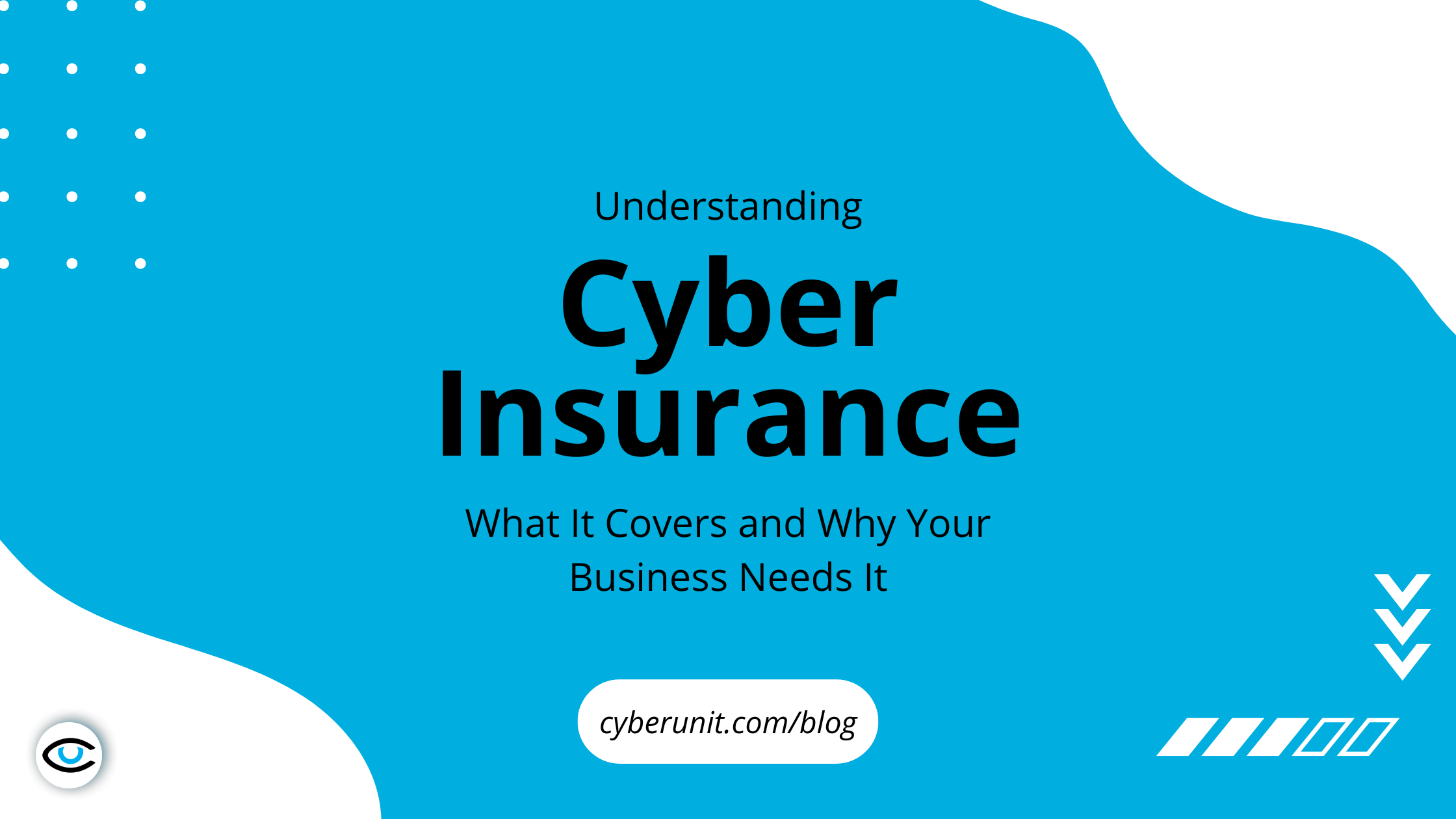As cyber attacks continue to increase in frequency and severity, many businesses are turning to cyber insurance as a way to protect themselves from the financial losses and reputational damage that can result from a cyber attack. In this blog post, we will discuss what cyber insurance covers and why your business needs it.
What is Cyber Insurance?
Cyber insurance is a type of insurance policy that covers the costs associated with a cyber attack or data breach. It typically covers costs such as forensic investigations, data recovery, legal fees, and notification costs. It may also provide coverage for business interruption losses, third-party liabilities, and reputation management.
What Does Cyber Insurance Cover?
Cyber insurance policies can vary widely in terms of coverage, limits, and exclusions. Some common types of coverage include:
- First-party coverage: This covers the costs associated with a data breach or cyber attack, such as forensic investigations, data recovery, and business interruption losses.
- Third-party coverage: This covers the costs associated with claims made against your business by third parties, such as customers or partners, as a result of a cyber attack.
- Crisis management: This covers the costs associated with managing the public relations and reputational damage that can result from a cyber attack.
- Regulatory compliance: This covers the costs associated with complying with regulatory requirements following a cyber attack, such as notification requirements under data protection laws.
Why Your Business Nedse Cyber Insurance?
- Financial protection: Cyber attacks can be costly, and the financial impact can be significant. Cyber insurance provides financial protection against the costs associated with a cyber attack, which can help your business recover more quickly and reduce the financial impact.
- Reputational damage: Cyber attacks can also have a significant impact on your business's reputation. Cyber insurance can help mitigate reputational damage by providing coverage for crisis management and public relations.
- Regulatory compliance: Many businesses are subject to data protection regulations that require them to notify customers and regulators in the event of a data breach. Cyber insurance can help your business comply with these requirements.
- Peace of mind: Cyber attacks are a constant threat, and it can be challenging to stay ahead of the latest threats and vulnerabilities. Cyber insurance provides peace of mind knowing that your business is protected in the event of a cyber attack.
Conclusion
Cyber insurance is an essential tool for businesses to protect themselves from the financial losses and reputational damage that can result from a cyber attack. It provides coverage for a range of costs associated with a cyber attack, including forensic investigations, data recovery, legal fees, and notification costs. Cyber insurance also provides peace of mind knowing that your business is protected in the event of a cyber attack. If you have not already done so, consider purchasing cyber insurance to protect your business from this growing threat.
